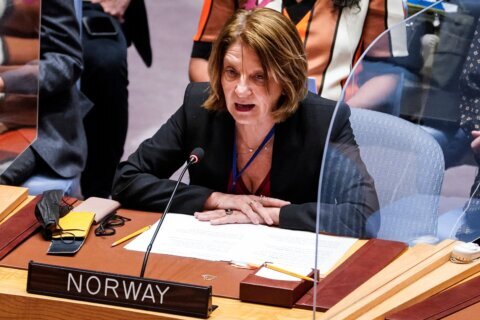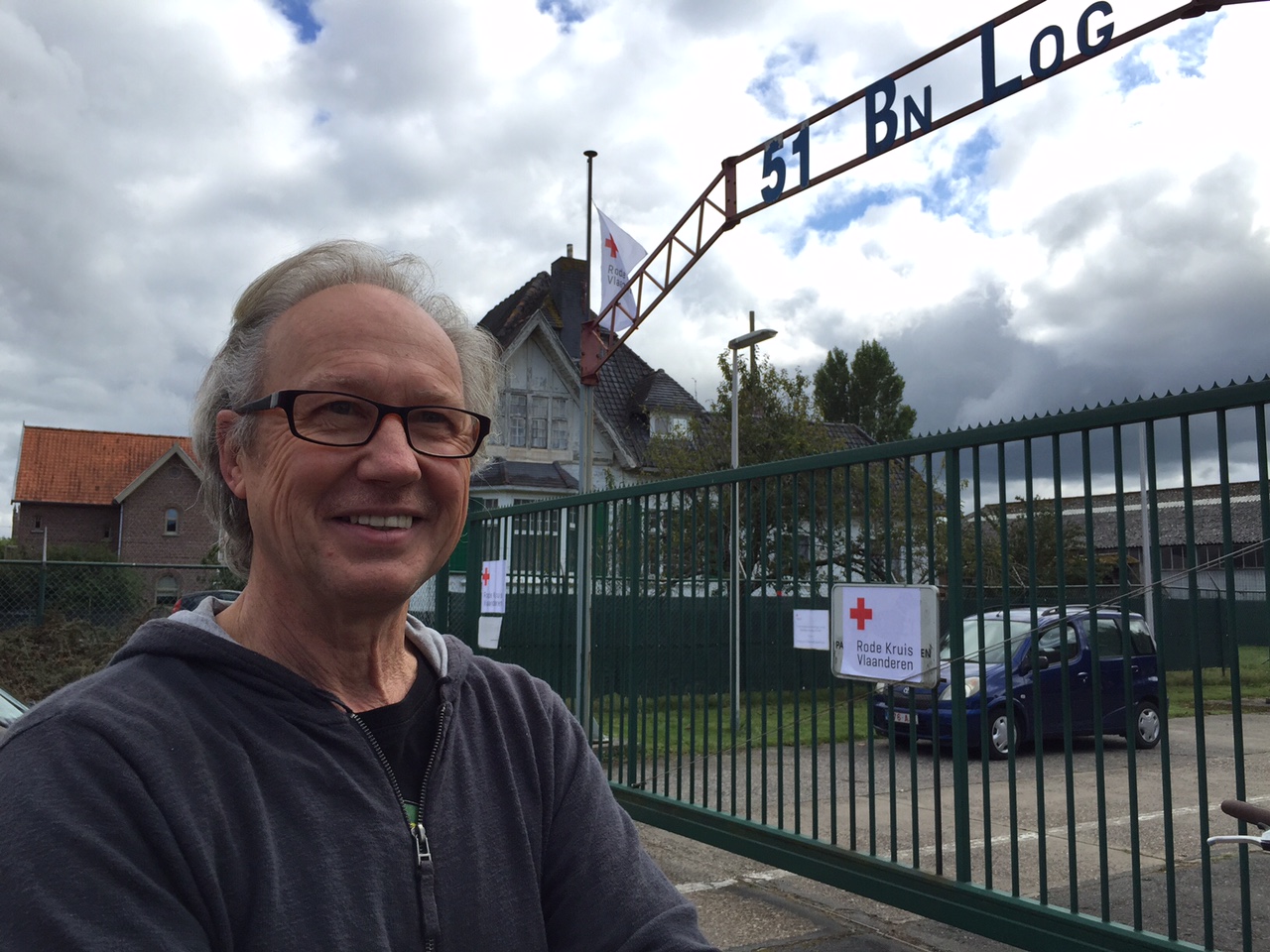
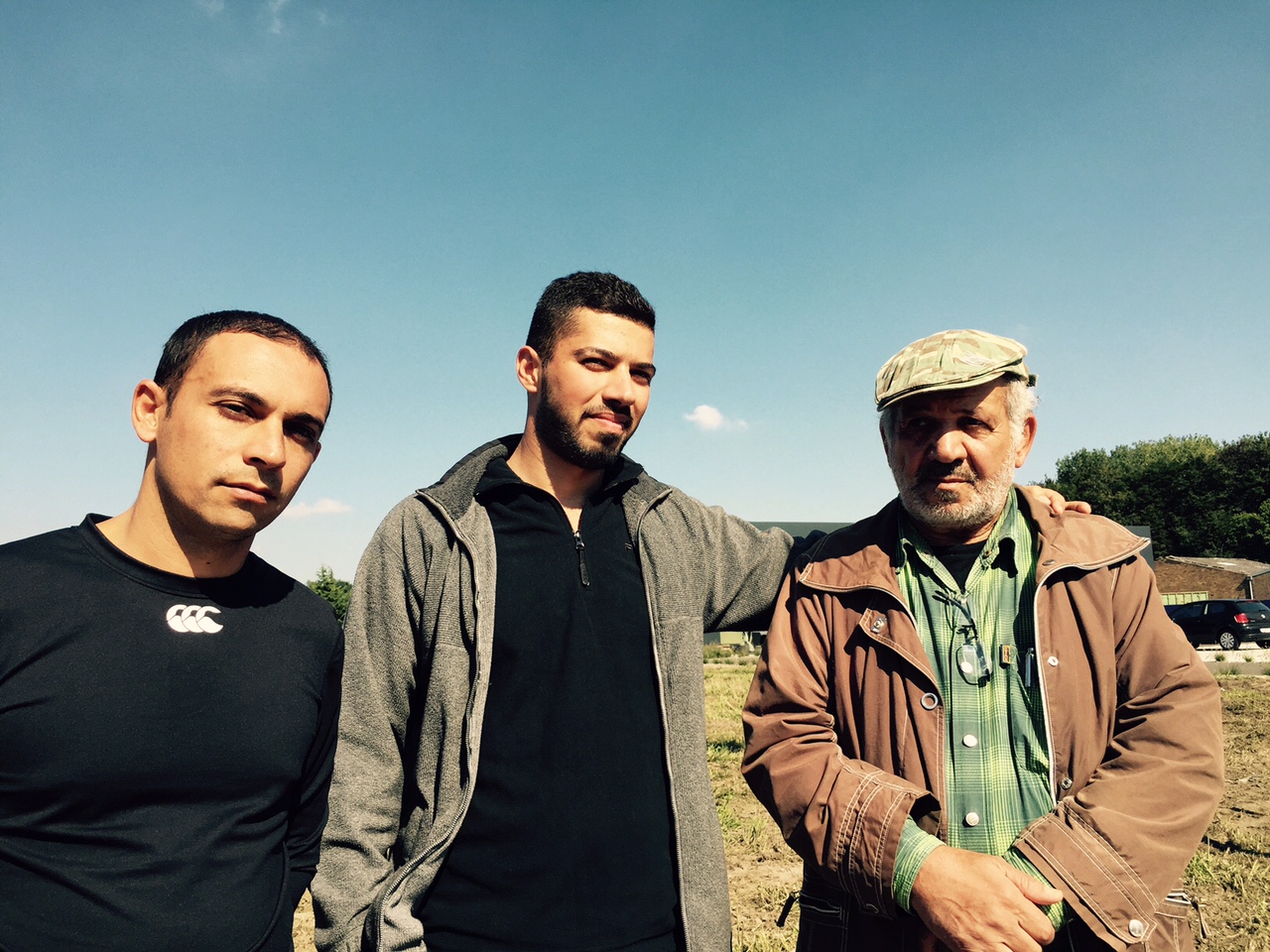
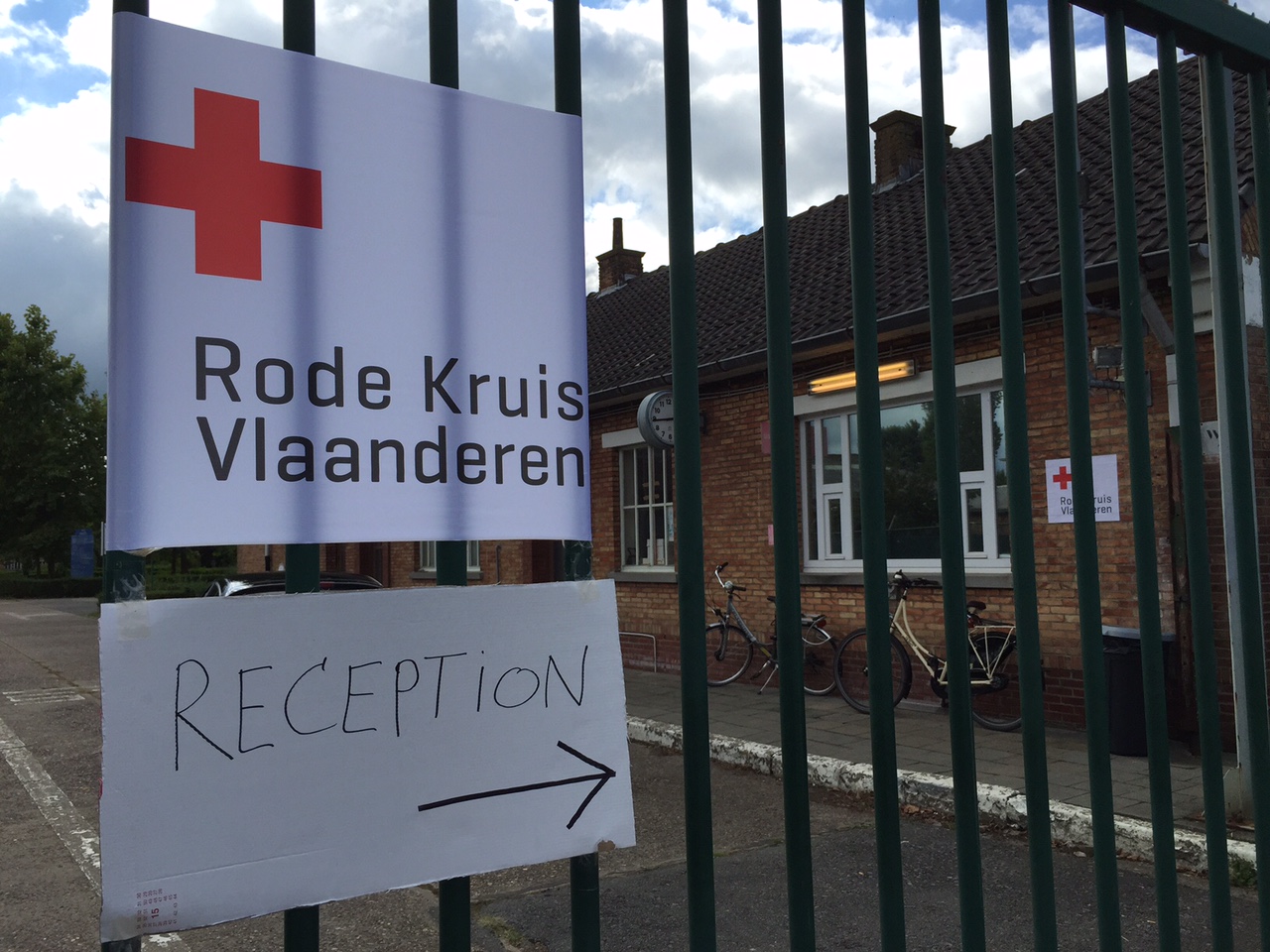
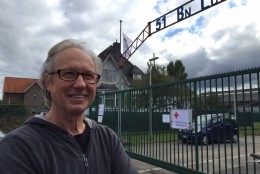
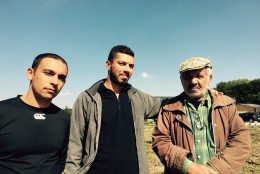
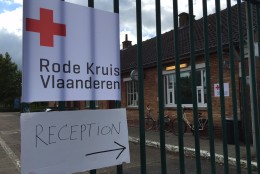
WASHINGTON — Monday’s debate over how European Union members should shoulder the burden of a massive influx of migrants ended without an agreement. And the crisis isn’t only heading to Europe: President Barack Obama recently said the United States will take in up to 10,000 asylum-seekers.
The reaction among European nations has been varied, and even within tiny Belgium (with a population of 11 million, according to the CIA Factbook), there is vigorous debate over how many migrants should be allowed asylum status.
For Frederik Verhaegha, in the city of Ghent, a university town in Flanders, there’s no question that while governments sort out their disagreements, action is what’s needed. He recently joined a convoy of up to 50 cars and trucks that took clothing, tents and school supplies to migrants gathered in the French port city of Calais.
“I went there because I needed to do something,” he says. “I didn’t want to just be active on Facebook and have an opinion. I wanted to do something.”
After helping sort donations, organizing kitchen items, school supplies and making up food parcels, Verhaegha visited the area outside of Calais, where a sort of tent city has popped up, an area dubbed “the Jungle.” Verhaegha said despite their desperate straits, the migrants inhabiting the Jungle were receptive — and optimistic.
“It looks like a dump,” he says, describing the sprawling temporary home for thousands. “There’s lots of trash, but also lots of people filled with hope — and they are trying to make the best of it.”
In the Belgian town of Sijsele, not far from the prosperous tourist center of Bruges, the Belgian Red Cross has outfitted an old military barracks and has started to process up to 400 migrants, many from Syria and Iraq.
Twenty-six-year-old Ali Mushtak explained he had fled his home country because it’s descended into chaos.
“I swear there is no future for me in Iraq,” Mushtak said, explaining that what drove him to leave wasn’t a question of economics, but safety. In Belgium for just 10 days, he says he has no idea whether he’ll be allowed to stay, but he hopes to.
“I want to stay here, because it’s so nice; it’s so good. I’m so happy here.”
Outside the gates of the military compound where the migrants are being housed, Sijsele resident Alex Van Hfyte said he’s ready to welcome the new arrivals as neighbors. The scenes of migrants risking their lives to cross into Europe have prompted him to see how he can assist.
“I feel for me, for myself, it’s kind of my duty to help them and to receive them and show them that they are welcome,” said Van Hyfte.
He points out that after World War I, Belgian refugees found shelter in other European nations — and the United States.
Later this month, the Sijsele community has plans to get to know their new neighbors better, with area residents volunteering to bake cookies and cakes and have a getting-to-know-you session over coffee. The Facebook page for the event “Zonder Haat Taart” — loosely translated as “No Hate Cake” — has already gotten more than 500 “likes.”
Van Hyfte smiles at the news. Referring to the response of the Belgian Red Cross and the community, Van Hyfte says, “I am very happy that we can do it, and that my community is accepting them in this way.”
WTOP’s Kate Ryan contributed to this report.


